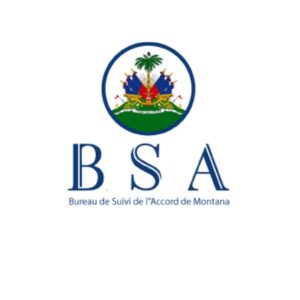Texas’ SB-4, considered one of the most draconian anti-immigration measures in US history alongside Arizona’s SB-1070 in 2010, has heightened tensions in the region border between the United States and Mexico and inspired other states led by Republican governments to follow its example.
Key points :
Definition of the crime: SB-4 makes it a misdemeanor offense for an alien to illegally enter or attempt to enter the state of Texas from a foreign country. This offense carries a penalty of up to six months in prison. Sanctions for repeat offenses: In the event of a repeat offense, the offense becomes a serious crime, punishable by up to 20 years in prison, marking a severe escalation in sanctions. Powers of state justice: The law grants state courts, as distinct from immigration judges, the power to order the deportation of an alien without formal legal process. However, a judge could drop the charges if the migrant agrees to voluntarily return to Mexico. Prohibition of local “sanctuary” policies: SB-4 prohibits any local policy that restricts police officers from questioning a person’s immigration status, even during routine stops such as traffic stops, which opposes the practices of “immigrant sanctuaries “. Requirements for local authorities: Local authorities must dedicate resources such as prison spaces, officers and funds to implement the law, which can pose budgetary and logistical challenges. Exceptions : Although the law prohibits police from arresting immigrants in certain places such as schools, churches and medical centers, it does not explicitly mention college campuses, raising questions about the extent of its enforcement. . The implementation of SB-4 raises concerns about its impact on immigrant communities, public safety, and U.S.-Mexico relations. Its application is accompanied by legal and social controversies, fueling a national debate on immigration and related public policies.







